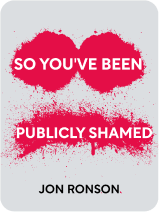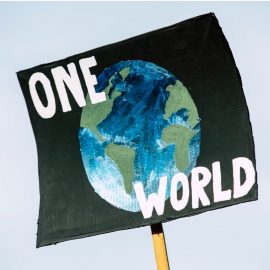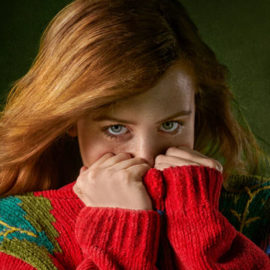

This article is an excerpt from the Shortform book guide to "So You've Been Publicly Shamed" by Jon Ronson. Shortform has the world's best summaries and analyses of books you should be reading.
Like this article? Sign up for a free trial here .
What happened to Max Mosley after the Nazi orgy scandal? What was the outcome of his court battle with the News of the World?
In 2008, News of the World published a story about Max Mosley’s involvement in “sick” Nazi-themed orgies. İn response, Mosley sued the News of the World, and surprisingly, won the case. Strangely, the scandal made Max Mosley even more popular than he was before.
Here is how the Max Mosley scandal unfolded and what happened in its aftermath.
The Max Mosley Scandal
Max Mosley’s story should have caused massive public shaming—he was a powerful public figure as the head of Formula One racing’s governing body. Yet, somehow, the scandal made Max Mosley more popular. Some people think he leads by example when it comes to feeling unashamed.
Background on Max Mosley
When Mosley was in his mid-twenties, he started going to S&M clubs. He found them comfortable and relaxing. They were shame-free places where he could be authentic. He was careful, though—he’d started working in the auto industry, which regularly dug up shameful dirt on people to blackmail them.
For example, when lawyer Ralph Nader began to push for seat belt laws after one of his friends was in an accident and became a paraplegic. General Motors was so furious about being told what to do that they hired prostitutes to try to seduce him so they could blackmail him. They also had him followed by private detectives in the hopes of finding something to shame him with.
In spring 2008, the News of the World photographed Mosley with hidden cameras while in the middle of a Nazi-themed sex orgy and released the photos and story.
Max Mosley didn’t withdraw or apologize when the scandal broke. He showed his wife the story and interviewed with BBC Radio 4. In the interview, he said that in the context of sex, people do strange things. He agreed his sex life was strange, but people shouldn’t think badly of him for it.
Mosley also sued the News of the World because they’d written that the orgy was Nazi-themed, which, in reality, it wasn’t:
● The orgy included a prop that the paper called a “SS-style inspection sheet.” In fact, this prop was a spiral-bound notebook.
- The orgy included Max’s being shaved by a woman guard. Jews were shaved at concentration camps, but Max’s bottom, specifically, was shaved, and this wasn’t something that happened at concentration camps.
- The actors wore German military uniforms, not Nazi uniforms, and it would have been easy to source Nazi uniforms if desired.
- Two of the women guards, when scheduling the scenario, referred to it as a “judicial,” rather than a Gerchtsverfahren or trial.
In the Aftermath of the Scandal
Max Mosley won the case and as a result, most people see him as someone who was wronged. (The News of the World already had a villainous reputation—it had previously publicly shamed two people so badly that they committed suicide.)
Mosley had two guesses for why he’d escaped a shaming:
- He was a sociopath and couldn’t feel any emotions. As part of a job application, he was analyzed by a psychiatrist, who determined he was a sociopath.
- He refused to feel shame. Unlike other victims of public shamings, he talked about his transgressions and defended his right to do what he liked in the bedroom.

———End of Preview———
Like what you just read? Read the rest of the world's best book summary and analysis of Jon Ronson's "So You've Been Publicly Shamed" at Shortform .
Here's what you'll find in our full So You've Been Publicly Shamed summary :
- How public shaming can ruin people's lives
- Why public shaming isn't just a way to get corporations to do the "right thing"
- 6 strategies you can use if you're a victim of public shaming






